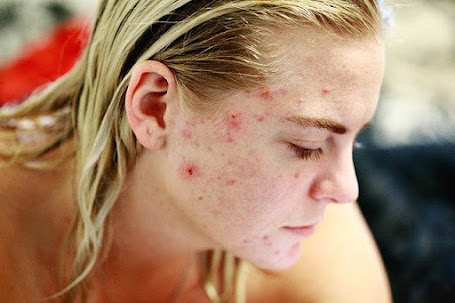what is hemorrhoid ?
What is hemorrhoid?
Nearly three-quarters of adults get hemorrhoids from time to time. Hemorrhoids can occur for a variety of reasons, but often the cause is unknown. Fortunately, there are effective treatment options for hemorrhoids. Many people find relief through home treatments, lifestyle changes and Products and services. If you are looking for hemorrhoid no more reviews in order to decide if you will get it or not, you should think twice before take it.
Symptoms
The signs and symptoms of hemorrhoids usually depend on the type of hemorrhoid and External hemorrhoids. Located under the skin around the anus. Signs and symptoms may include.
- Itching or irritation in the anal area
- Pain or discomfort
- Swelling around the anus
- Bleeding
Internal hemorrhoids
Internal hemorrhoids are located in the rectal area. They are typically not visible or noticeable and rarely cause discomfort. However, they can be caused by straining or irritation during bowel movements.
Painless bleeding during bowel movements. A small amount of bright red blood may be visible on toilet paper or in the toilet bowl. Arrows protruding from the anus (prolapsed or protruding arrows) that cause pain and irritation.
Thrombosed hemorrhoids.
When blood accumulates in an external hemorrhoid and a blood clot (thrombus) forms, this may be the cause.
- Severe pain
- Swelling
- Inflammation
- A hard lump near the anus
- Hemorrhoid rubber band ligation reviews
- Hemorrhoid rubber band ligation reviews
When should you see a doctor?
See a doctor if you have a bowel movement during bleeding or if the abscess does not improve after a week of home care.
Do not assume that rectal bleeding is due to hemorrhoids, especially if bowel habits have changed or the stool is a different color or consistency. Other diseases, including colon and anal cancer, can also cause rectal bleeding.
If you experience heavy rectal bleeding, dizziness or fainting, contact a doctor. Get the latest Clinic health information in your inbox.
With a free subscription, you'll receive a comprehensive guide to digestive health, as well as the latest health news and updates. Last Name of the hemorrhoids treatment and book an appointment at the Clinic and Cause of the condition.
The veins around the anus tend to stretch under pressure and may swell or bulge. Hemorrhoids can be caused by increased pressure in the lower part of the rectum:
- Excessive effort during defecation.
- Prolonged sitting on the restroom
- People who suffer from chronic diarrhea or constipation.
- Obesity
- Pregnancy
- Anal sex
- Low fiber diet
- Frequent lifting of heavy objects.
Risk factors
The risk of developing hemorrhoids increases with age. This is because the tissues that support the veins in the rectum and anus weaken and stretch. This can also happen during pregnancy, as the weight of the baby puts pressure on the anal area and Complications. Complications of hemorrhoid rubber band ligation review are rare, but they do occur.
Anemia.
In rare cases, chronic blood loss caused by hemorrhoids can lead to anemia if there are not enough healthy red blood cells to carry oxygen to the cells.
Strangulated hemorrhoids.
When the blood supply to the internal hemorrhoid is cut off, the hemorrhoid can “choke” and cause severe pain.
Blood clots.
Sometimes a blood clot (thrombus) can form in the hemorrhoid. This is not dangerous, but can be very painful and sometimes requires an incision and drainage.
Prevention
The best prevention for hemorrhoids is to keep your stool soft, so it can drain easily. Follow these tips to prevent hemorrhoids and relieve symptoms. Eat foods that are rich in fiber. Eat plenty of fruits, vegetables and whole grains. This softens stools and increases their volume, which prevents the straining that can cause hemorrhoids. Slowly add fiber to your diet to prevent bloating.






Comments
Post a Comment